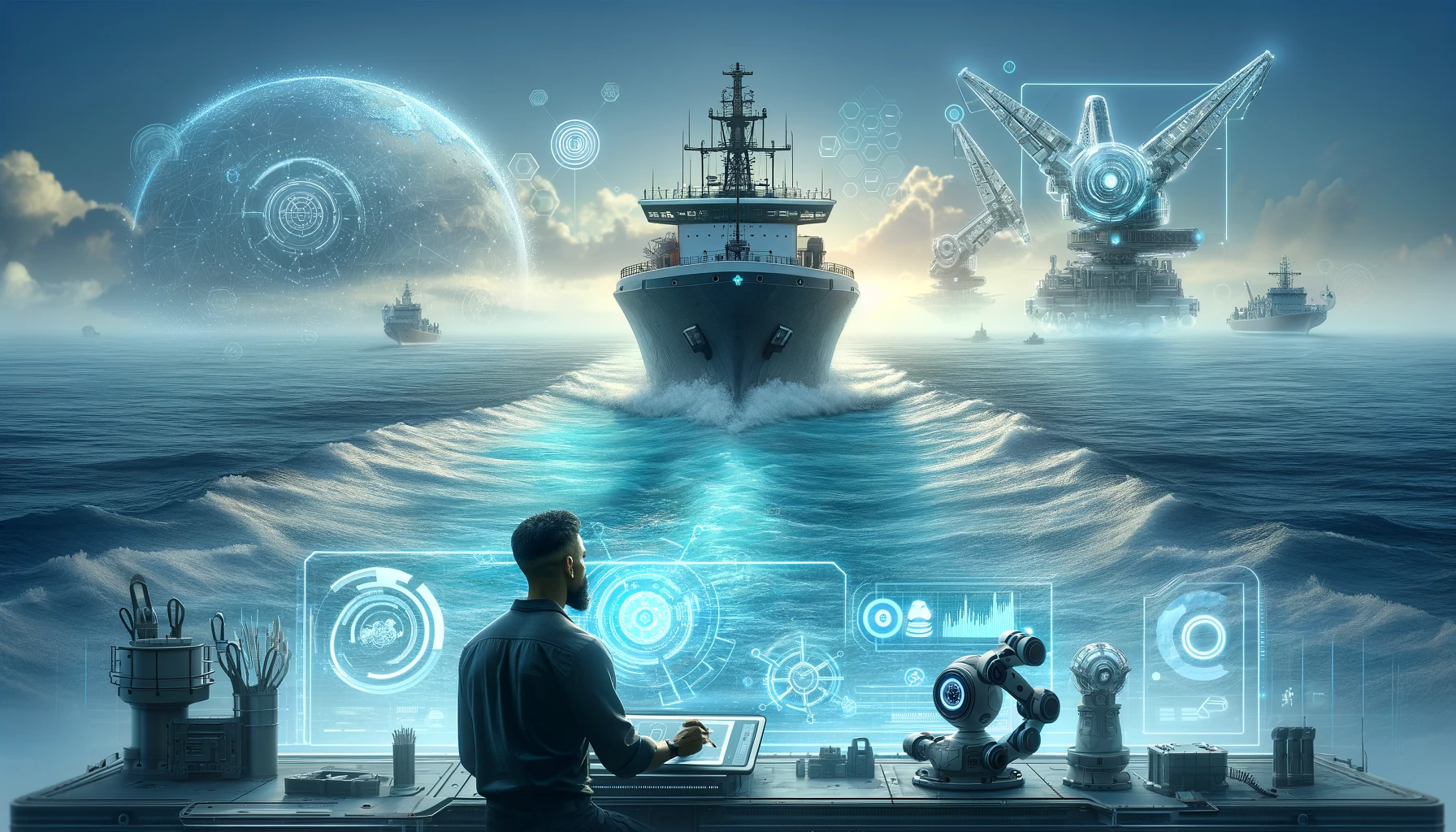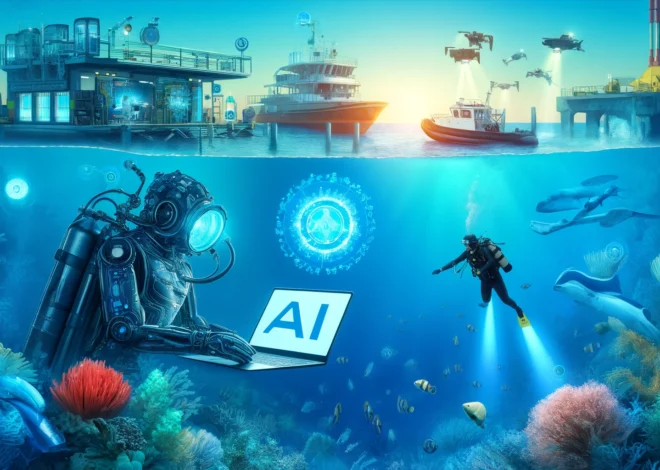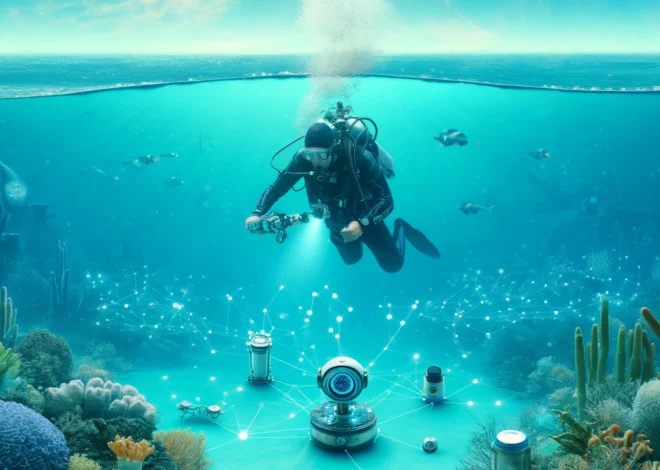
The Complex World of Maritime Technologies and Jobs
The maritime sector, encompassing everything from deep-sea exploration to harbor management, is as vast and deep as the oceans it navigates. It’s a world where cutting-edge technologies meet some of the planet’s most challenging and critical jobs. Today, we dive into this intricate domain, exploring how technology shapes these roles and why these jobs are not just occupations but adventures.
The Backbone of Global Trade
Maritime trade is the backbone of the global economy, handling over 90% of the world’s trade volume. But beyond the massive ships and bustling ports lies a complex network of sophisticated technologies and skilled professionals. These individuals manage operations that require precision, advanced technical understanding, and a nerve of steel.
The Rise of Maritime Technologies
In recent years, the maritime industry has seen a significant technological revolution. Innovations such as autonomous ships, advanced underwater robotics, and AI-driven logistics management are transforming the landscape. These technologies are not merely add-ons but are becoming central components of maritime operations.
Autonomous Vessels: Navigating the Future
Consider the development of autonomous vessels. These ships, equipped with AI and machine learning, can navigate the vast oceans with minimal human intervention. They use many sensors, radar, and cameras to make real-time decisions about their route and immediate environment. This shift is poised to increase efficiency and safety while potentially reducing the human workforce needed aboard.
Underwater Robotics: Unveiling the Ocean’s Mysteries
Underwater robotics is another area where technology is making huge waves. Remote-operated vehicles (ROVs) and autonomous underwater vehicles (AUVs) are crucial for tasks that range from pipeline inspections to deep-sea resource exploration. These machines can dive deeper and endure harsher conditions than humans, providing invaluable data and performing intricate tasks on the ocean floor.
The Human Element: Complex Roles in Maritime Jobs
Despite the surge in automation, the human element remains irreplaceable in many aspects of maritime operations. Let’s look at some maritime technologies complex jobs that keep our maritime world afloat.
Marine Engineers: The Problem Solvers
Marine engineers are the brains behind the maintenance and operation of all mechanical and electrical equipment aboard ships and platforms. They design, build, and maintain complex systems that make modern maritime ventures possible. This role demands an in-depth understanding of engineering principles and the ability to solve problems under the most challenging conditions.
Hydrographic Surveyors: Mapping the Unknown
Hydrographic surveyors have a critical job: mapping the ocean floor and discovering everything from underwater hazards to potential resources. This role requires a deep understanding of oceanographic science, advanced technology, and a keen eye for detail. The data they collect ensures safe navigation, supports maritime construction and contributes to scientific research.
Environmental Technicians: Guardians of the Seas
With increasing focus on the health of our oceans, the role of environmental technicians in maritime settings has grown exponentially. These professionals monitor and protect the marine environment, dealing with pollution control, waste management, and the impact of naval activities on aquatic life. Their work is crucial in ensuring maritime operations are sustainable and environmentally friendly.
Challenges and Opportunities
The integration of technology in maritime jobs presents both challenges and opportunities. On one hand, automation and AI can lead to job displacement. On the other, they create opportunities for more specialized, high-tech roles. The essential lies in training and adapting the workforce to meet the demands of this evolving industry.
Moreover, maritime work often involves dealing with extreme environments, unpredictable weather, and long periods away from home. These factors make maritime jobs not just professions but also callings for those who seek adventure and challenges.
The Future of Maritime Technologies and Jobs
As we look to the future, technology will continue to redefine the landscape of maritime jobs. However, the need for skilled professionals to manage these technologies, interpret their outputs, and make critical decisions will remain indispensable.
The maritime industry is not just about ships and cargo; it’s about pioneering technology in some of the most extreme conditions on Earth. It’s about maritime technologies complex, critical roles that combine expertise, courage, and a deep love for the ocean.
For those enchanted by the call of the sea, the maritime industry offers a unique blend of adventure and science, tradition and innovation, making it one of the most exciting and challenging sectors to work in today. Whether you’re a marine engineer, a hydrographic surveyor, or an environmental technician, the sea offers endless opportunities to push the boundaries of what’s possible.



